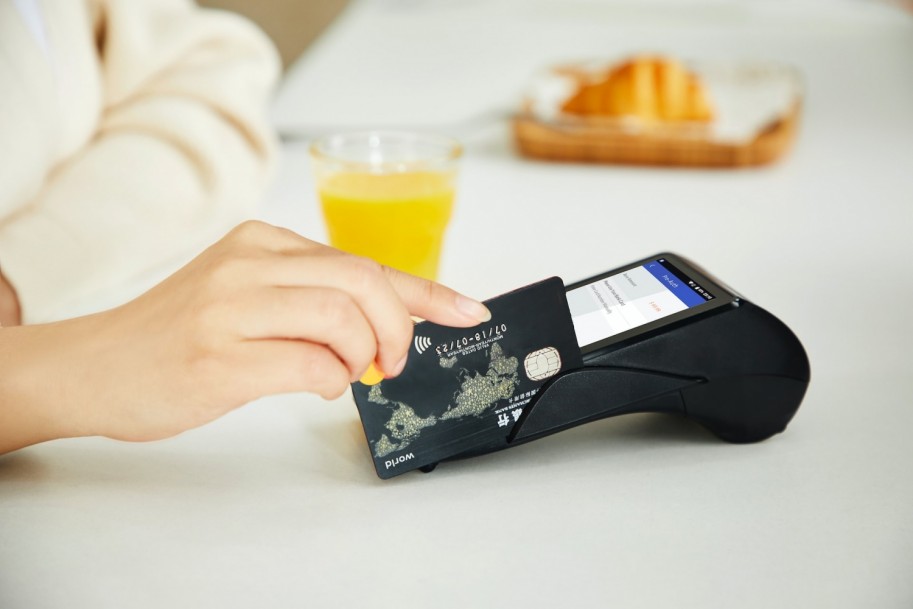
Simply put, we enjoy using credit cards. We have the financial freedom to purchase whatever we want, whenever we want, without having to worry too much about paying for it, thanks to them. As a result, when it comes to resolving a financial emergency, credit cards have established a reputation as one of the most desirable financial instruments. Even better, credit cards have reward schemes that allow you to access greater lifestyle options while also helping you save money.
Access to credit cards and a high credit score are valuable assets. Due to your canvas prints reputation as a dependable borrower, you can use credit to get better financing conditions and other money-saving options. When you use credit responsibly, you can accrue rewards and reduce interest costs, raising your credit score even further.
Despite the many advantages, this open line of credit can be extremely alluring; if you make the incorrect choice, it might easily put your finances in jeopardy. Therefore, it is crucial that you comprehend the rules for using credit cards and have the skill to use them judiciously and to your advantage. Here are some wise suggestions for using credit cards to get more bang for your buck.
1. Maintain a modest credit utilization ratio
Your credit card balance should ideally be under 50% of your credit limit. Your credit score may suffer if you have significant balances on all your credit cards-more than 50% of the total credit card limit. Additionally, your interest expense rises if these high sums are carried over from one month to the next. So, try to maintain a modest credit use ratio.
2. Make prompt payments on credit card bills
Despite how obvious this advice may seem; many people disregard it. On unpaid balances on credit cards, a hefty interest rate is applied. If you don't settle your payday TX account by the due date, interest accrues, and your payment amount rises. Additionally, if you fail or skip a payment, you not only have to pay the fine, but your credit score will also suffer. Paying your invoices on time will prevent your interest expenses from rising and your credit score from declining. Set up recurring payments, put the date on your calendar, or simply set a reminder.
3. Spend more than the bare minimum
You need to make more than the minimum payment on your credit cards. The best course of action is to pay the entire outstanding sum to avoid the high interest rates. But if you're unable to pay in full, at the very least, aim to pay more than the bare minimum.
4. Avoid utilizing your credit card for cash withdrawals
Yes, credit cards allow you to use an ATM to get cash. Will it be a clever idea? Definitely not. Why? Because ATM withdrawals made with a credit card are subject to steep fees right away (there is no grace period), which you do not want to pay. Therefore, avoid cash advances and withdrawals and avoid using your credit card as your primary form of payment.
5. Prioritize paying off high-interest credit cards
Credit card debt is terrible debt because of the high interest rates. It must be removed as quickly as you can. However, you need to approach this debt issue wisely. Make a schedule and timeline to keep on course. Make a list of every loan you have. Prioritize paying off your loan with a high interest rate, for which you can take help of Payday loans Las Vegas, while continuing to make the minimum payments on your other debts.
6. Examine the promotional offerings with great care
Credit card businesses use promotions to entice both current and potential clients. While these deals could appear advantageous, it's important to read the details carefully so that you don't end up purchasing something you don't need just because it's on sale.
7. Consider joining and renewing fees
Most credit cards have annual and yearly fees. Pay special attention to the fee schedule and only select cards with costs that are appropriate considering the rewards they provide. If your spending exceeds a certain annual cap, several credit cards start waiving fees. You could save money on yearly fees because of this reversal benefit.
8. Only use your credit card for major purchases
Most people develop the habit of using their credit cards for modest transactions since using them to shop so conveniently. If left unchecked, these tiny purchases can accumulate over time and have a life of their own. Consider using your credit card just for significant purchases if you don't want to be surprised by how few transactions can add up to thousands.
9. Maximize your benefits
Credit cards provide rewards or membership benefits. These perks or awards may take the shape of free passes to airport lounges, gift cards, etc. Utilize your payday loans card wisely to get the most value out of it. Amass your reward points and exchange them for cash or goods. Using your reward points to purchase a free flight isn't worth incurring a large debt that will last for years. Make sure to pay off your balance in full if you want to receive the perks. It's best just to use a low-interest credit card if you can't avoid it.
10. Report a lost or stolen credit card right away
Alert the authorities right away if your credit card disappears, is lost, or is stolen. The chip on credit cards is used by credit card firms to reduce risk. If your card is lost, stolen, or used to make purchases and you don't report it missing, you may be responsible for the charges even though they weren't made by you.
Conclusion
The advantages, bonuses, and rewards of using a credit card are incredible, but only if you have the self-control and willpower to profit from them entirely. The preceding credit card usage advice will assist you in managing your money more effectively while making the most of credit cards.
© 2017 Jobs & Hire All rights reserved. Do not reproduce without permission.
* This is a contributed article and this content does not necessarily represent the views of jobsnhire.com




